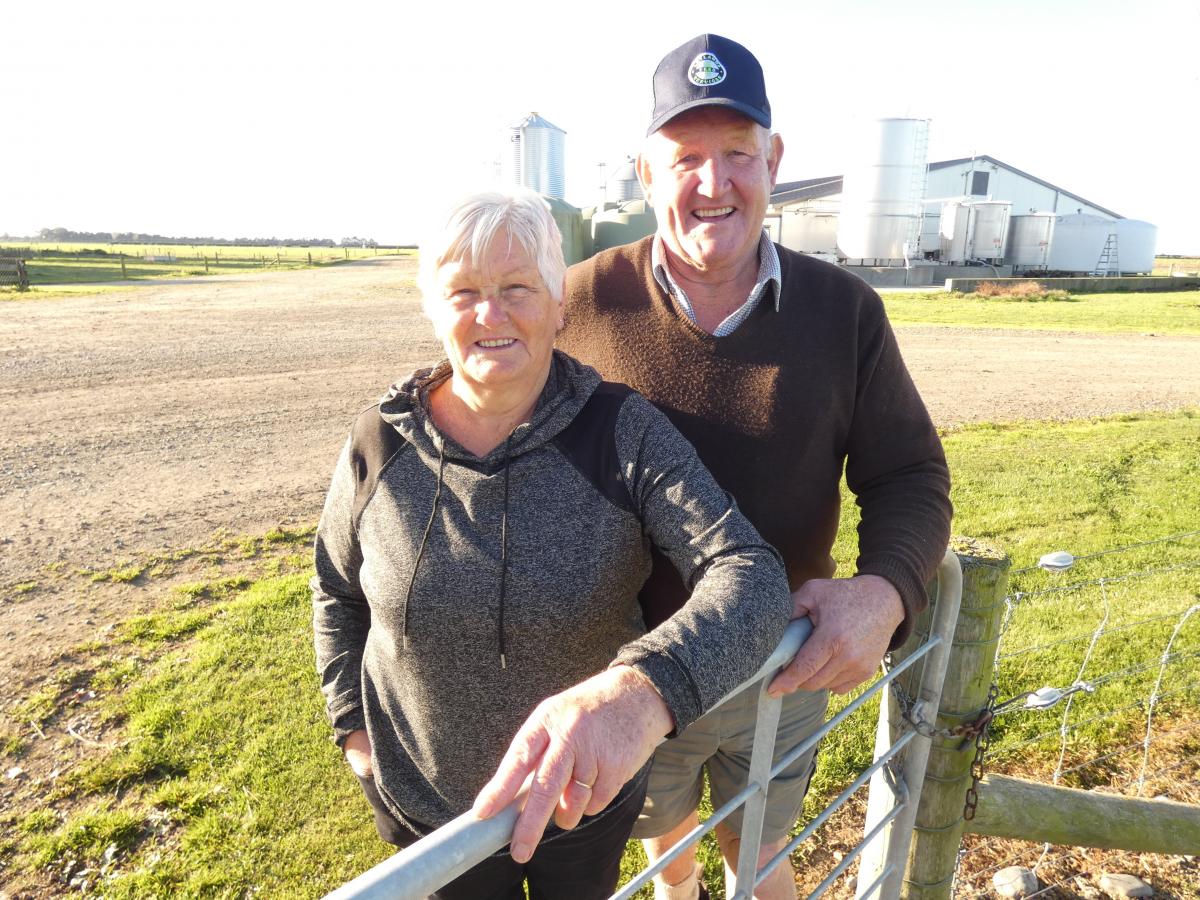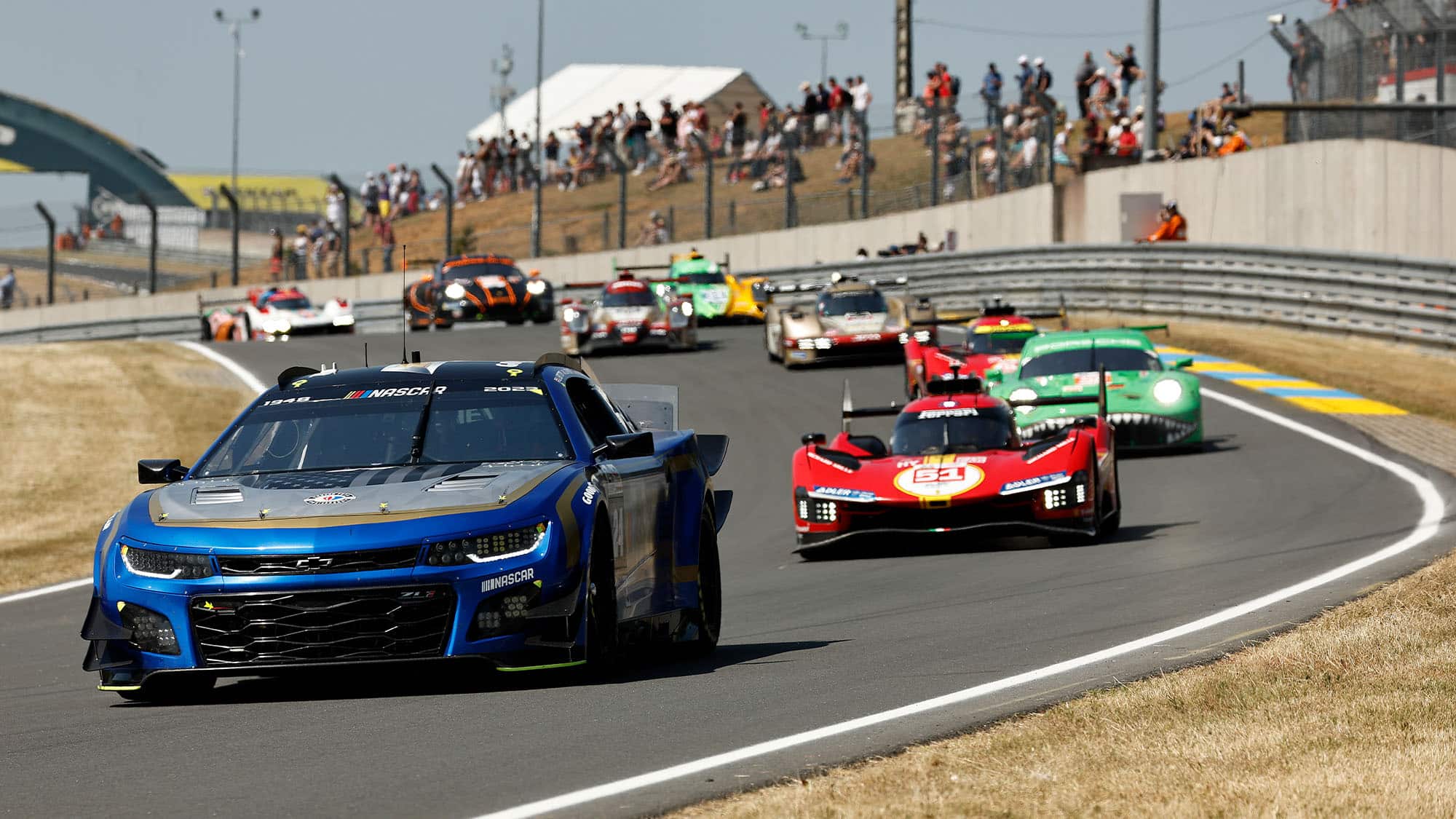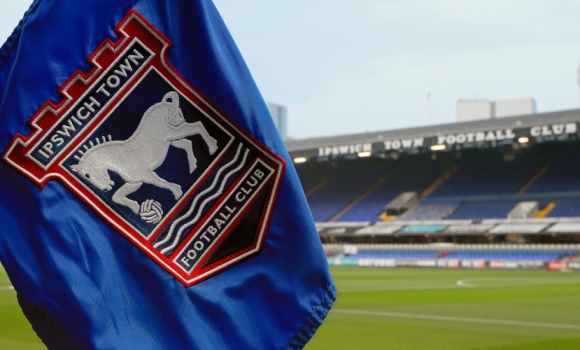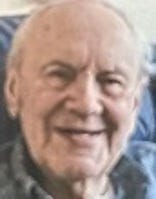Sheep farming to dairy earns farmer recognition

In Richard Lemon’s book King Charles will make a great ruler.
The Lauriston farmer still chuckles at a quick quip made by the as-yet-uncrowned king on a visit to the Canterbury A&P Show.
The Prince of Wales was joined by his second wife, the Duchess of Cornwall, now Queen Camilla, during the show’s 150th anniversary in 2012.
As show president, Mr Lemon had the honour of hosting the dignitaries for a few hours.
He found them easy company to be with because of their genuine interest in farming.
It was a busy time for him as the family had just completed a dairy conversion at their Mid Canterbury farm, Leylands, and were in their first season milking.
The then Prince Charles inquired about how many cows they were milking and was astounded to hear the herd at that stage was 750 cows.
“He looked at me and says what? He couldn’t believe we were milking that many cows. He was great to talk to and very astute and very knowledgeable.”
After handing out the award for the supreme animal in the show, the then Duchess of Cornwall peeled off for a rest in the office and was happy chatting with the administration staff while he made his way to see some of the attractions.
They were heading across the arena to the dog trials when he bore witness to the King’s quick humour.
“He was busy having a look around and just happened to glance forward and went, ‘oh god I nearly put my foot in it’ after walking around a horse deposit,” he recalled.
“We came away from the dog trials and were walking out to unveil a plaque and this guy leaned out of his hot dog stand and said ‘Sir, sir can I offer you a hot dog’ … [King] Charles looked around at him and said ‘Oh, lad, I’d hate to eat your profits’.”
Mr Lemon said the King was a people’s person, an agriculturist and had the diplomacy for the role.
“Certainly I believe Camilla will support him, she’s very good in that role. At the same time it does help our crowd when he’s there. Holy moley, when they were there for our 150th anniversary they brought them in.”
The royal couple were welcome to return any time, he said.
They are not the only members of the Royal Family he has rubbed shoulders with.
Because of his involvement with the Royal Agricultural Society (RAS) he met Princess Anne, first in Calgary during an international conference as she was the president of the Royal Agricultural Society of the Commonwealth and two years later when it was held in Christchurch.
This year she asked him and wife Barbara to meet her when she returned to the city for a fact-finding wool study and to unveil a plaque at the showgrounds.
The royal thread was extended this month on His Majesty’s birthday and coronation, with Mr Lemon awarded the Queen’s Service Medal for services to the agriculture and pastoral industry.
“To me, I’ve accepted it on behalf of all the volunteers that run A&P Shows. I do this because I enjoy the camaraderie, meeting and talking to people from one end of this country to the other and it’s just my way of doing something different.”
Since first competing on a pony as a 10-year-old in the 1960s, the glow of being involved in A&P shows has never dimmed.
As a family they would head off to the local show in the a2 Bedford truck with a pony in a horse float in tow and a truck-load of Border Leicester sheep.
It was a big occasion for the family and if they came back with a few ribbons or returned empty-handed it was still a good day.
Since then, he has served for many years on the RAS and has been a competitor, judge, marshal and section committee member for the Canterbury Agricultural & Pastoral Association. He was elected to the general committee in 1990 and has been on the board for the past 21 years.
This committee manages and organises about 500-plus volunteers that run the show events every year, while the board is responsible for the association’s over-arching management and its financial health.
His connection to the Ashburton A&P Association goes back even longer, joining committees in 1976 and becoming president in 1994 and 1995, like his father and grandfather before him.
Days were spent with chainsaws taking down the 1920s horse boxes in the showgrounds after they collapsed when the big wind of 1975 coincided with his father’s term at the helm. The heat was on as the winds came in August and the show was only a couple months away.
“We always had working bees and it’s that camaraderie you build up with people and mates that last for decades and makes it special.”
Equally satisfying was doing well in the sheep ring as he was heavily involved in stud breeding then and took home a champion ribbon a few times.
This experience helped him cut his teeth when he progressed to the Canterbury show and worked with professional promoters.
There was a greater level of business management, but the common ground was they all spoke the same language as rural people, he said.
He was there when a creeping city forced the A&P Association to shift from its old Addington grounds to its current site at Canterbury Agricultural Park in 1997 which put a dent in its financial position. The banks insisted on a board of directors who went away from employing staff to an event management company.
Mr Lemon was shoulder-tapped to be chairman of committees and co-ordinate this transition with a Royal show held in its first year in 2001.
The park was sold to the city council after the A&P association got into financial difficulty and is now leased. A motorway running through the site has made it more congested.
Mr Lemon said car parking had become an issue again and they were working hard to encourage a park-and-ride service.
The plan is to put in city stations for this year’s event with the entry ticket including a bus ride and visitors bypassing gates and queues to be shuttled inside the grounds.
He said this would take the pressure off car parking and traffic management with a quick turnaround ensuring returning passengers would not have to wait long to get home.
The Lemons have always had a strong interest in horses with his father involved in harness racing and a brother following the pacers and trotters.
Mr Lemon part-owned a trotter at one stage, but found his interest veered to the stud sheep line and stayed with showing.
“I used to get a bit frustrated and found unless I could be working with the animals and helping the trainer at a race meeting just going to watch the races was a bit boring. My arms are too short and my pockets too deep to be going to put bets on all the time. Working with stud sheep is competing in an industry that is a revenue for your business as well. So as far as showing goes it was promoting my breeding abilities against someone else to say these are better sheep.”
While Leylands is now a dairy farm of 1050 cows at peak milking, its roots were in mixed cropping and livestock.
Mr Lemon is a fourth generation farmer at the property between Ashburton and Methven. The family connection extends several more generations now that his son, James, is running the farm and a granddaughter is on the staff roll too.
Five generations of Lemons have gone through the local Lauriston Primary School.
The family started farming in the area in 1884 with Mr Lemon’s great grandfather James Lemon settling at Hughenden. The property now owned outside the family was more than 810ha of flat land less than two kilometres away and was a mixed cropping farm — mainly milling wheat — with sheep and some cattle.
This was run by his grandfather Sam Lemon until it was divided post-World War Two into three units with his father Tom Lemon setting up Leylands on part of the Hughenden estate.
There were a lot of rehab farms in the area after the war and instead of his returned serviceman father going into the ballot, he took a state subsidy to buy 145ha in five paddocks from his own father in 1949.
He turned this into a one-man producing unit apart from getting some help at harvest time.
Dairying at that stage in the area was restricted to Greenstreet and a little bit at Willowby and Eiffelton. Otherwise, most of the Plains was in mixed cropping and coarse wool sheep aside from finer woolled flocks on the east side of State Highway 1.
In time their flock expanded to 4500 crossbred breeding ewes during the 1970s and 1980s that included Border Leicester, Coopworth and Dorset Down studs.
Before this, Mr Lemon would milk half a dozen dairy cows before school in the morning, separate their cream and put out the cream cans at the gate for pick up by the Midland Dairy Company in Ashburton.
After finishing boarding school in Christchurch in the late 1960s, the eldest of four siblings joined his Dad as an employee on the farm.
Leylands had just expanded the year before with another 120ha to increase its scale and he helped him break that in and another next door 50ha block bought in the 1970s.
His father had started his Border Leicester stud in 1958 and it was eventually merged into his grandfather’s 1920s stud when he sold up.
That has since been dispersed because it ran out of a market as dairying took over.
“I was just doing it for the love of breeding sheep really. We used to sell a lot for breeding border merinos and that type of thing for a while.
“I can remember the days we had an agent come in here and he would pick up 25 rams and they would go on a truck all the way to Hawke’s Bay. It was phenomenal where we would ship rams too, but that passed.”
The entire farm was in border dyke irrigation and by the mid-1960s it was all hand-sheeted water . He could remember irrigating from 6am to 6pm, shifting canvas sheets in frames to direct the water to the paddocks until the race man turned it off. Dams and sills were put in for automatic flood irrigation which extended irrigating to 24 hours a day.
This continued until 2012 when they converted to dairying and introduced four full-circle centre pivots and four wiper pivots.
More technology has included artificial insemination and introducing collars a year ago for monitoring the herd’s animal health.
Today just a few sheep are carried to help feed the family and six dairy staff.
When his son, James, got married he took over a block at the back of the farm with Mr Lemon continuing to run the main unit. The subject of going to dairying was raised.
“We were just sitting on the fence, paying our bills and not going anywhere. I’m still a sheep guy, but I’m a stock man and when you looked at the pure economics of it [it made sense].
“I had always in the back of my mind thought about putting a little dairy unit on 80ha just across the road here as an aside of what we were doing so I had toyed with the idea and that was from the mid-1970s onwards. When James suggested it I went, mmm, and didn’t know for a wee while.
“Prior to converting, we’d formed a trust to manage the land and buildings that James was going to lease from the trust. So I supported what he wanted to do and go to dairying.”
James has added a 20ha block and another leased block of the same size between Leylands and Ashburton to run dry stock on and has just bought 93ha halfway to Methven.
Because of sustainability rules they were unable to grow enough winter feed for the herd on the main farm so in the offseason it is contract grazed at a nearby property. The family do their own cultivation and silage harvesting work between James, grandsons and staff.
His father’s original 1953 petrol Fordson Major comes out each year with a trailer to pick up calves as a tip-of-the-hat to him.
Mr Lemon valued the special working relationship between them. He wanted the same relationship with his son, but also wanted to give him more leeway with decision-making so that he could run Leylands his own way.
More lately his son runs the farm and he has been happy to fill the “go-fer” support role on the home front, while managing the trust and continuing with his show work.
He has always been wary that it should not be at the expense of his family.
“I need to acknowledge the support I’ve had from my family and especially Barbara. She often talks about herself as a show widow.
“In the years I was chairman of committees I had a caravan and would take it to Christchurch from about September and park it in the showgrounds. If I was doing two days I’d just stay overnight and park it around the office and they would hook up a temporary line. During the show if staff needed time out they would just duck into the caravan, it was just like an open home.”
His immense knowledge of the Agricultural & Pastoral movement will not be lost any time soon.
Mr Lemon continues to serve on the board for the Canterbury A&P Association and is chairman of the board for the Ashburton association.
He was happy to pass on what he knew after getting so much out of being involved with agricultural shows.
By Tim Cronshaw













